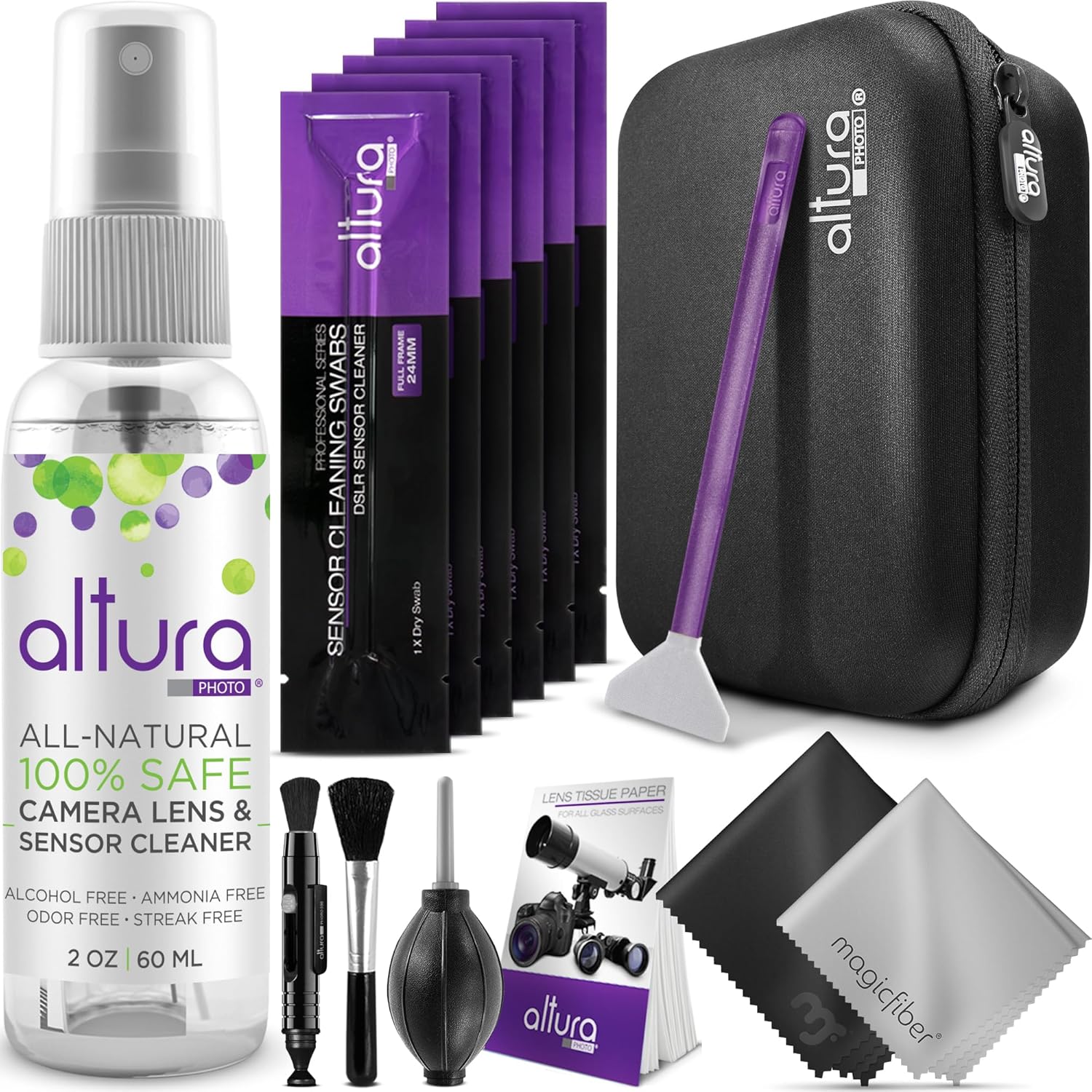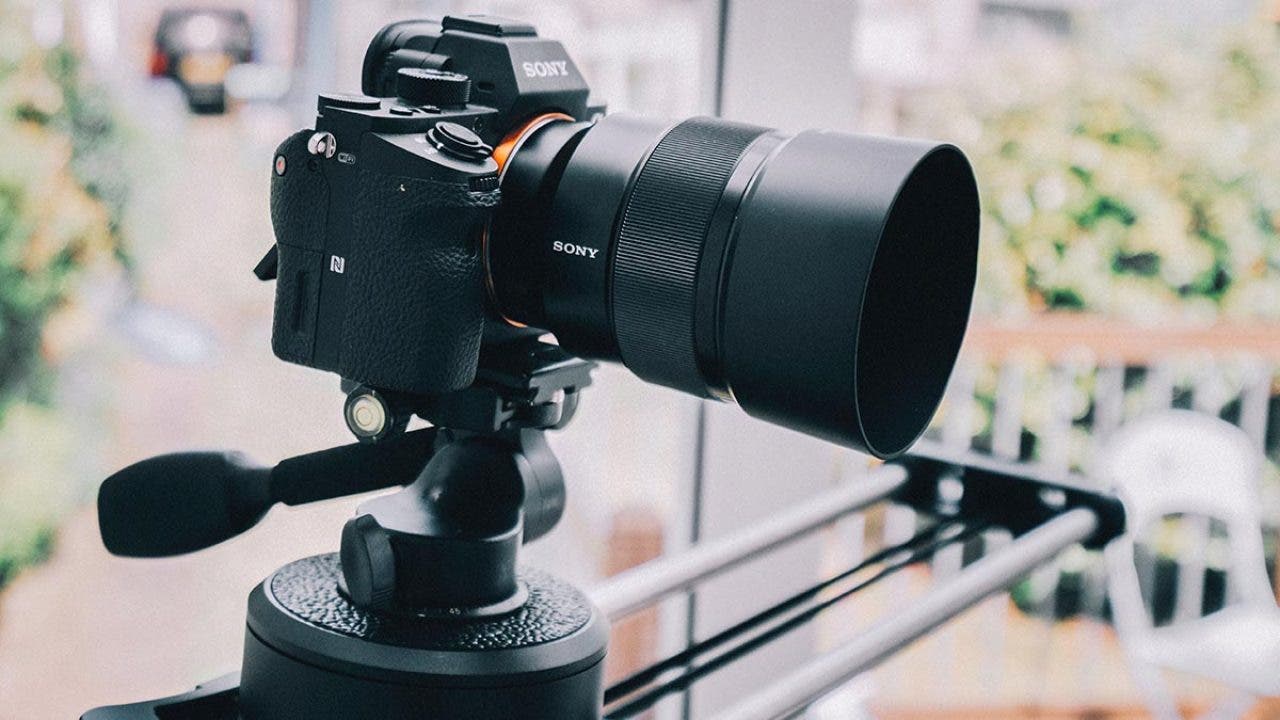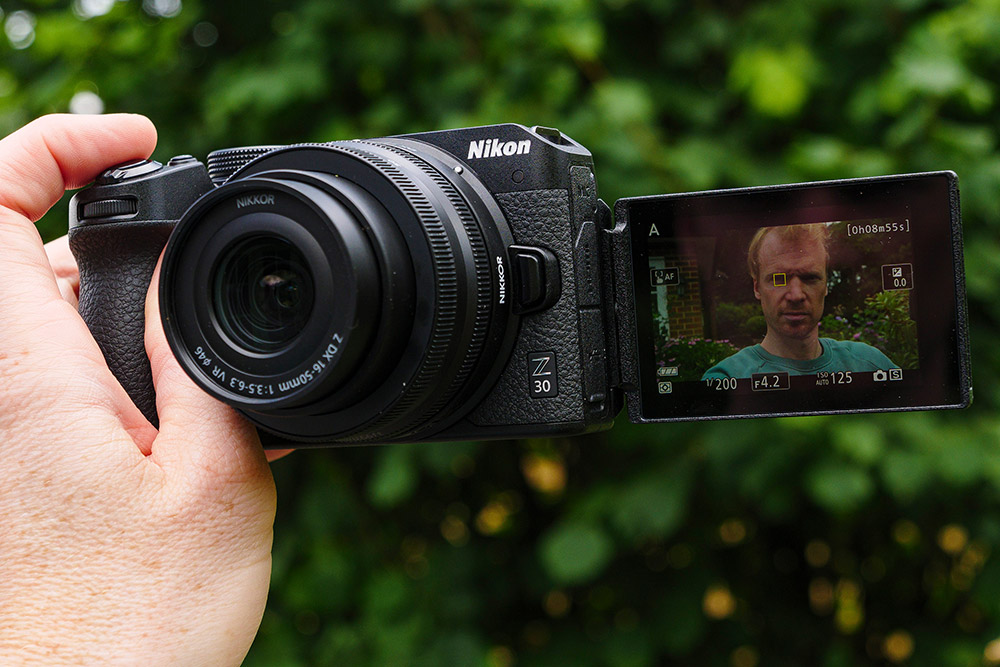Longevity of Mirrorless Cameras: How Long Do They Really Last?
Professional photographers often find themselves pondering an important question: how long will a mirrorless camera last? The longevity of your equipment is crucial, not just for the sake of your investment but also for delivering consistent, high-quality work to your clients. With mirrorless cameras rapidly gaining popularity, understanding their lifespan becomes more essential than ever.

The Inherent Advantages of Mirrorless Cameras
Mirrorless cameras have carved a niche for themselves in the world of professional photography due to their compact size, lighter weight, and versatile functionality. However, the question of how long they last is multi-faceted, influenced by a combination of factors ranging from usage frequency to the brand and model.
Build Quality and Material
The durability of a mirrorless camera largely depends on its build quality. High-end mirrorless cameras are typically made from magnesium alloy bodies, which provide a good balance of strength and weight. Brands like Sony, Canon, and Nikon offer premium models that have exceptional durability, often weather-sealed to protect against environmental elements.
Sensor Lifespan
The camera sensor plays a vital role in determining the lifespan of your mirrorless camera. With proper care, the sensor can last for a decade or more. However, dirt, dust, and physical damage can significantly shorten its life. Regular maintenance, including professional cleaning, can help extend the sensors functionality.

Shutter Mechanism and Usage
Unlike DSLRs, mirrorless cameras often come with electronic shutters, reducing wear and tear. A mechanical shutter in modern mirrorless cameras typically lasts between 100,000 to 400,000 actuations. However, this number can vary based on factors like shooting conditions and maintenance.
Battery Health
Batteries in mirrorless cameras tend to degrade over time. Most batteries have a lifespan of 300 to 500 charge cycles before they start losing their efficiency. Investing in a second battery or a battery grip can be a simple yet effective way to extend the battery life and overall usability of the camera.
Firmware Updates
Regular firmware updates can significantly improve the performance and longevity of a mirrorless camera. These updates may include bug fixes, new features, and compatibility enhancements that keep your camera running smoothly over time.

Environmental Factors
The longevity of your mirrorless camera can also be affected by environmental factors. High humidity levels, extreme temperatures, and exposure to salt water can all lead to faster wear and tear. Using protective gear like weatherproof cases can help mitigate these risks.
Frequency of Usage
Photographers who use their cameras extensively are more likely to experience wear and tear compared to those who use their equipment sparingly. Professionals who shoot daily or weekly will likely need to replace their camera sooner than hobbyists.

Proper Maintenance Tips
Regular maintenance can significantly extend the life of your mirrorless camera. Simple practices like using a lens cap, keeping the camera in a dry place, and periodic professional servicing can go a long way in preserving your equipment.
Storage and Transport
How you store and transport your mirrorless camera also impacts its lifespan. Using a padded camera bag for transportation and storing the camera in a climate-controlled environment can help avoid physical damage and mitigate the effects of environmental factors.
Lens Care
Caring for your lenses is equally important. Using lens protectors and ensuring that lenses are stored properly can prevent scratches and other damages, thus contributing to the overall longevity of your camera system.
Conclusion
Ultimately, how long a mirrorless camera will last depends on a variety of factors including build quality, sensor lifespan, shutter mechanism, and usage frequency. By taking proper care of your equipment, you can ensure that your mirrorless camera will serve you well for many years. For those interested in exploring more about mirrorless cameras, check out What are mirrorless digital cameras? and Why switch to mirrorless camera?
For more tips on extending the life of your camera, visit how to use a mirrorless camera.
Frequently Asked Questions
How can I extend the life of my mirrorless camera?
Regular maintenance, proper storage, and using protective gear can help extend the life of your mirrorless camera. Additionally, keeping the firmware updated and avoiding extreme environmental conditions are beneficial practices.
Are mirrorless cameras more durable than DSLRs?
Both mirrorless cameras and DSLRs have their own sets of advantages and limitations. While mirrorless cameras have fewer moving parts, making them potentially more durable, the actual longevity depends on usage, maintenance, and build quality.
What factors should I consider when buying a mirrorless camera for longevity?
When looking for a long-lasting mirrorless camera, consider the build quality, brand reputation, sensor quality, and the durability of the shutter mechanism. Choosing models from reputable brands with excellent after-sales support can also add to the cameras longevity.
Disclaimer: As an Amazon Associate, I earn from qualifying purchases.
As an Amazon Associate, I earn from qualifying purchases.

